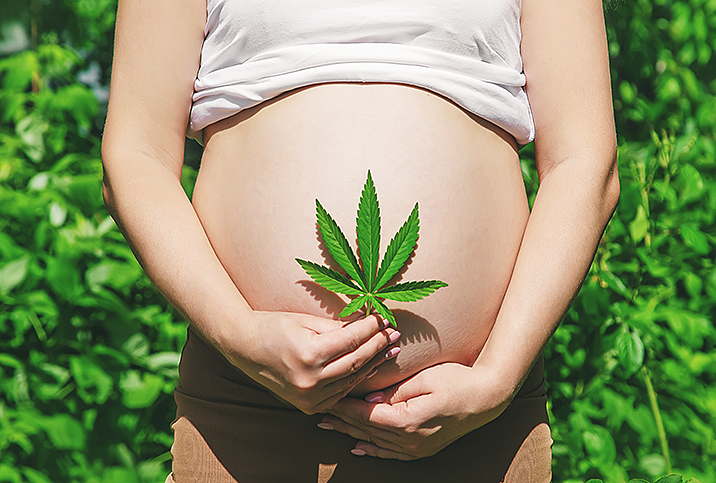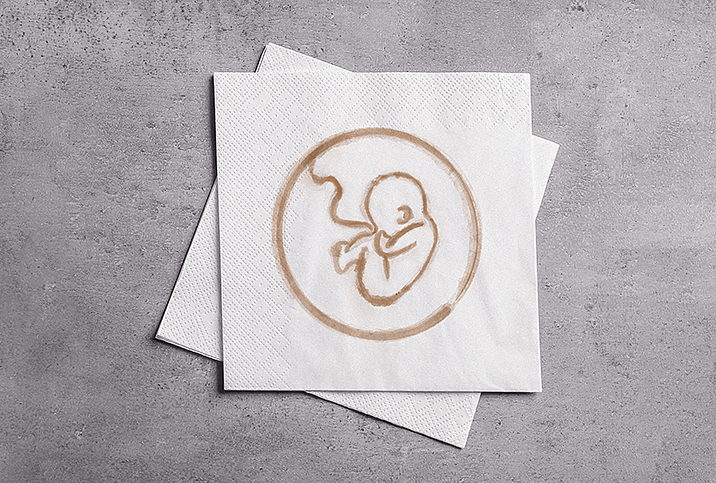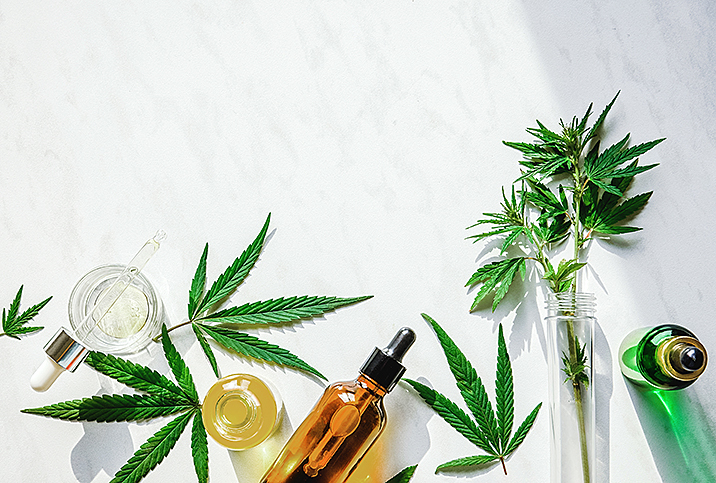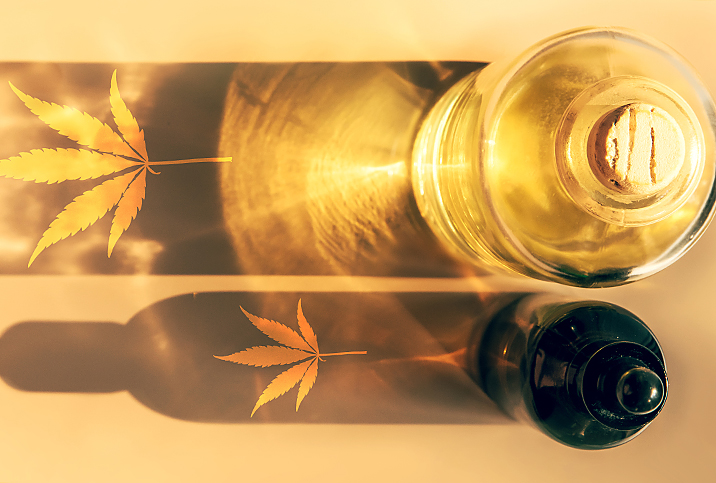Can You Still Use Marijuana and CBD Products While Pregnant?

Pregnant women are strongly discouraged from using any form of marijuana. Animal studies suggest a link between marijuana use in early pregnancy and higher miscarriage risk, and while researchers haven't experimented on the direct causes and effects for human subjects, observations on marijuana and pregnancy outcomes are not favorable.
Pregnant women who use marijuana experience stillbirth at a rate 2.3 times greater than women who don't use it. The lasting effects of gestational marijuana use on children may include:
- Abnormal social interactions
- Difficulty paying attention
- Greater tendency to use marijuana as a young adult
- Hyperactivity
- Impaired memory
- Neurological issues
- Poor problem-solving skills
Because it's unethical to conduct studies that have the potential to harm a developing fetus, these observations are more correlational than proven cause and effect, and it's not clear whether individual components of marijuana are more harmful than others. Smoking and vaping present independent risks during pregnancy and should also be avoided.
Are CBD products safe during pregnancy?
CBD stands for cannabidiol, which is an active component of medical marijuana but doesn't make you high or lead to dependency. Technically, CBD is formulated from hemp plants, not marijuana, and is beneficial in many ways. It is used to produce antiseizure medication to treat childhood epilepsy and appears to reduce inflammation in arthritis patients.
Most consumers purchase CBD products as dietary supplements, which are not regulated, so there's no way to know the actual concentration or purity of the product. Like other unregulated supplements, CBD may contain harmful ingredients that aren't noted on the label.
Public health officials recommend against women using CBD during pregnancy, even despite the lack of definitive human evidence on the dangers of CBD, because animal studies raise serious concerns. Researchers have observed defects in the reproductive system of male fetuses born to pregnant test animals given CBD. Toxic substances, such as heavy metals, toxins and pesticides, found in CBD products may travel through breast milk and negatively impact infant development. Given that we have insufficient data concerning the safety of cannabinoids and breastfeeding, avoiding CBD products is recommended.
Known CBD side effects, including fatigue, nausea and irritability, may worsen already unpleasant pregnancy symptoms. Rather than risk a potentially dangerous impact on your child, it's best to avoid CBD products until you've given birth and are no longer breastfeeding.
Discuss your habits with your OB-GYN
Some pregnant women look to marijuana or related products hoping to alleviate nausea, insomnia or anxiety. However, there are no documented benefits of marijuana for pregnancy, even for women with a prescription for medical marijuana. Safer and more effective treatment options are available to address such concerns, but if you don't bring the issues up during prenatal appointments, your doctor won't be able to help you.
The American College of Obstetricians and Gynecologists advises practitioners to guide pregnant women away from marijuana use, starting from the time they begin trying to conceive through pregnancy and breastfeeding. Being honest and upfront rather than keeping your habits a secret will let your OB-GYN guide you toward better options and resources for a healthy pregnancy.

















